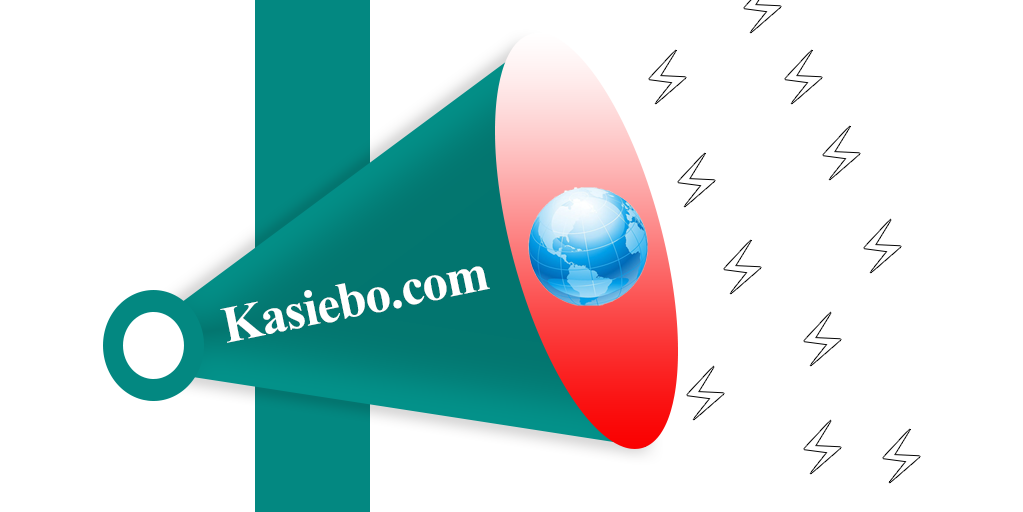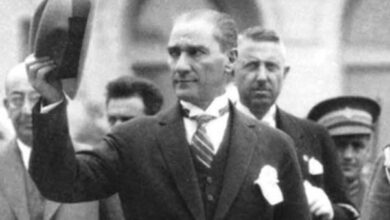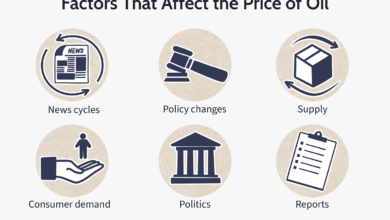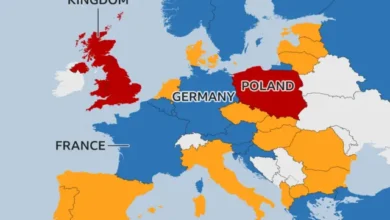China’s handling of the COVID19 has united the public against the government
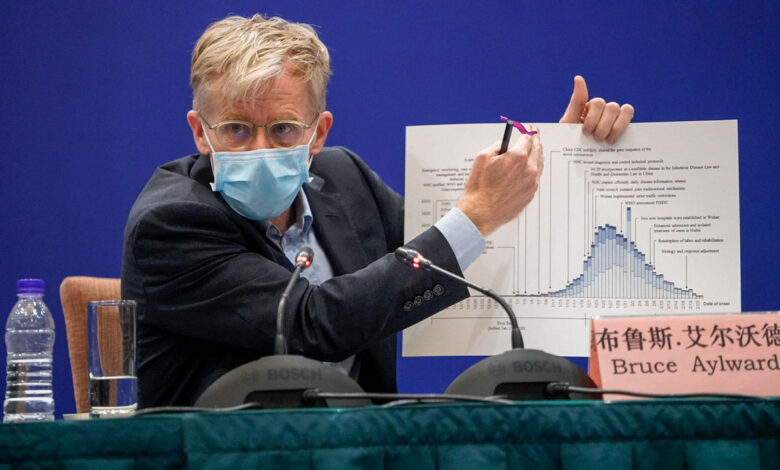
China which is the origin of the coronavirus took just one prominent death to unleash the fury and grief of a nation. On Feb. 7th, 34 year old Dr. Li Wenliang who was a part of a group of eight whistleblowers who first made the public aware of the coronavirus in Hubei province during December 2019 died from the virus.
Public vigils were organized across the length and breadth of the country. The Chinese public was angry over the manner in which the government handled the public health emergency, and registered their displeasure online and blamed the government for Li’s death.
Using songs, symbolic imagery, pictures and text to evade government censors, they claimed that the government had both downplayed the severity of the disease and covered the outbreak of the disease which led to avoidable deaths.
A song from a musical “Les Miserable” became popular on social media. A particular lyric form the song celebrates the music of the people who will not be oppressed again. A civil rights activist even went to the point of publishing an open letter telling the president Xi Jinping to give up his post and resign.
This brief period of free speech stopped abruptly, within a couple of days of Li’s death, the hash tag; #IWantFreedomOfSpeech- which was viral on social media sites like Weibo which is the Chinese equivalent of Twitter was removed. Zhiyong Xu, the activist who called for the resignation of the president was swiftly arrested.
Popular anger versus state control
Even though it was short lived, the popular uproar over coronavirus was a huge development in China. Such open disorder would have been impossible few months previously.
Chinese internet and media have developed along a duo parallel front but repressive systems, my research on the nature of the political economy of Chinese internet reveals. Actually the government maintains an iron fist control over both.
Online news media which first emerged in the 1990s in China immediately became integrated into the Chinese traditional state media and was strictly under government control. According to Reporters without borders, China is ranked 177 out of 180 countries when it comes to press freedom.
For-profit business entities have more freedom to use the internet as a vehicle to boost the Chinese economy as long as their business does not seek to challenge the government. Due to this, Chinese social media sites like Weibo and Wechat are usually in use but they are actually dominated by gossip, entertainment and sensational news and not anything relating to politics.
During the apex of the coronavirus anger, the state lost control of both systems of the Chinese internet. On social media, the usual celebrity gossip soon gave way to politics, social issues and public affairs. Comments which were critical of the government and would have been deleted under normal circumstances were not deleted but rather widely circulated.
